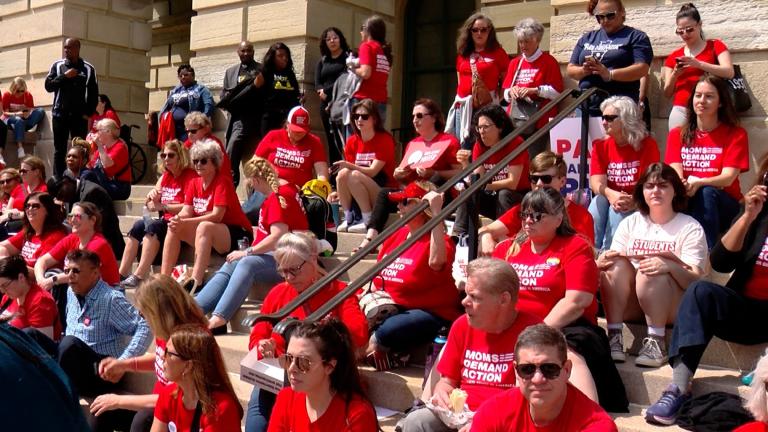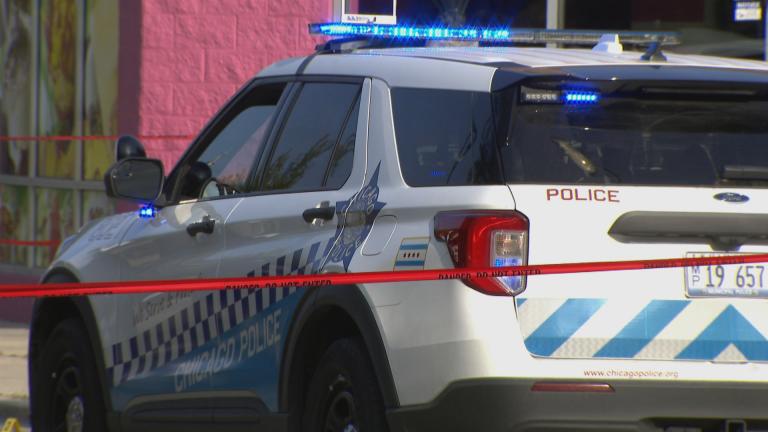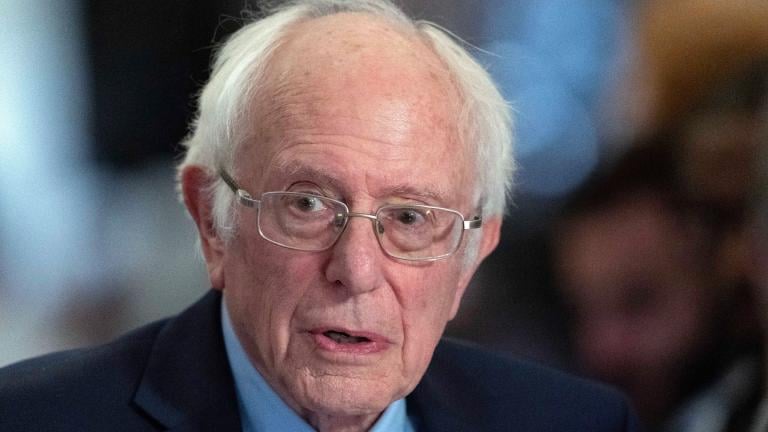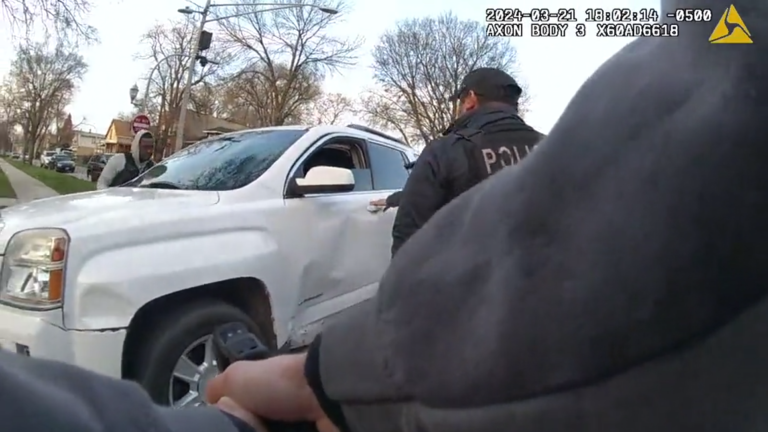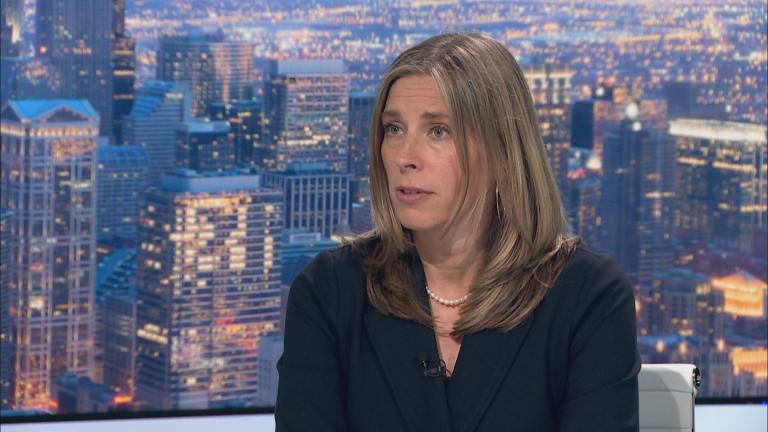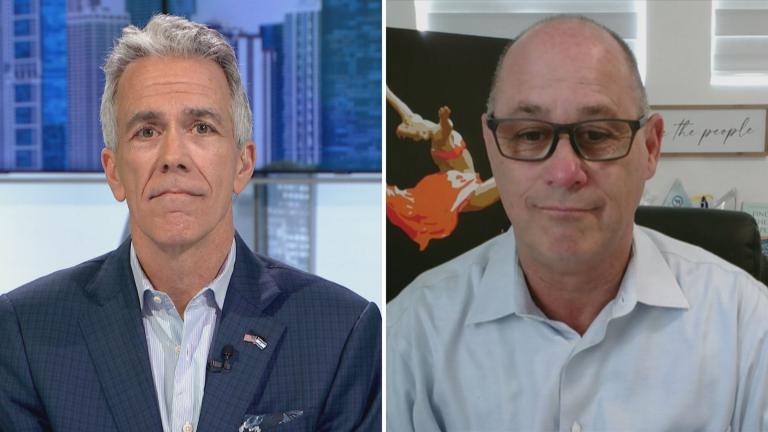Even in the shadow of the COVID-19 pandemic, gun violence in Chicago has not stopped. So far in 2020, there have been 141 homicides in the city, most of them gun-related. And as temperatures rise, the grim statistics are expected to go up as well.
Last week, the city of Chicago announced it has provided more than $7 million to local anti-violence organizations to expand outreach work in neighborhoods struggling with gun crime. But now, those organizations are finding themselves fighting on two fronts: violence and a virus.
Vaughn Bryant, executive director of Metropolitan Peace Initiatives and Communities Partnering 4 Peace, says the funds are already at work through multiple partner organizations expanding outreach services in which community members are recruited to build relationships with people vulnerable to gun violence.
“The bulk of the money will be spent amongst our partners in 15 designated communities by the city to provide street outreach services, to provide case management services, “ Bryant said. “Each of the neighborhoods will have access to behavioral health in their neighborhoods – workforce readiness services, civil legal aid services. So, the goal is to bring those services to the local neighborhoods and make them accessible in a way that they may not be otherwise.”
This kind of relationship building, Bryant says, is what will get those vulnerable to gun violence to turn their lives around.
“The goal basically to provide them with everything they need to move their life in a positive direction,” he said.
Kimberley Smith, associate director of the Crime and Education Lab at the University of Chicago, says that while overall crime has dropped since the stay-at-home order was enacted in March, shootings are still occurring at a troubling rate.
“What we’re seeing is that a lot of measures of violent crimes, things like robberies, burglaries, aggravated batteries, those have reduced significantly since the announcement of the shelter-in-place by about 45% in Chicago, and that’s consistent with what we’re seeing around the country,” Smith said. “Shootings, however, are not following that trend — since the stay-at-home order went into place, shootings have actually increased by about 11% in the city compared to last year.“
But Smith is encouraged by the prospect of expanded outreach efforts.
“I think going into a really tight budget cycle, that mayor, the governor, the Cook County Board president have all been really vocal about the need to tighten the budget, and we’re going have to do much more with less, so I think being really targeted in the investments that we make is going to be incredibly important more so than ever,” she said.
The personal nature of outreach work necessitates a physical presence by workers in the communities they serve – often the same communities suffering the most from the pandemic. Sam Castro, an outreach program manager for the Institute for Nonviolence Chicago, says that while the coronavirus pandemic has changed life drastically for many Chicagoans, in the neighborhoods he serves, “It’s normal business for these guys. I drove around today, it was a nice day, and people outside were like, ‘there is no virus.’ It hasn’t hit home yet,” he said.
Castro says that’s why he and his fellow outreach workers have pivoted to combat what he calls the “two-headed dragon” of both violence and misapprehensions about the novel coronavirus.
“We’re educating our people on COVID-19 and we’re still talking to them about bringing peace in the community. For outreach, it’s almost impossible for us to do the work we do from home … There’s some conversations that we can’t have with high-risk individuals over the phone, so we still got to be at the doorsteps and meeting the guys in the communities, on the block,” he said.
The increased risk to outreach workers isn’t lost on Bryant.
“We have to be mindful that our front-line workers have their own anxiety. They have to practice social distancing to a certain extent,” he said. “It’s difficult work and this is unprecedented. One of the things we’ve done is we’ve started doing is group counseling … and making sure our outreach workers have a platform to discuss how it feels to work on the front lines during this pandemic.
“We have to take care of them and they have to know that we care about them because we’re humane in our leadership. Whatever they need of us, we’re there for them.”

